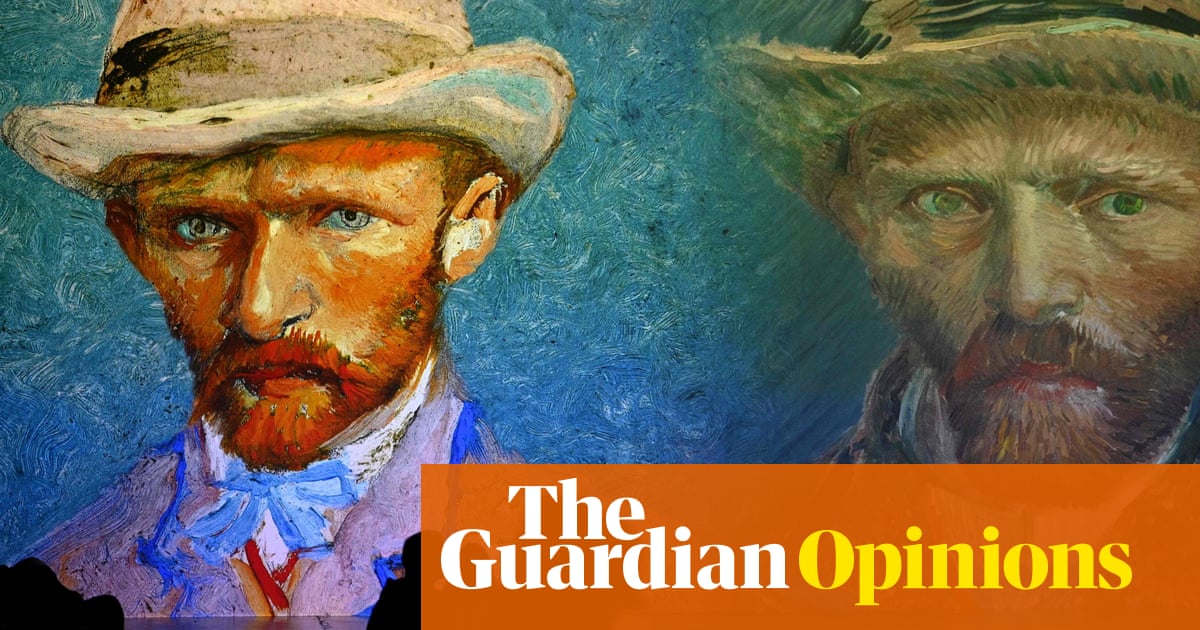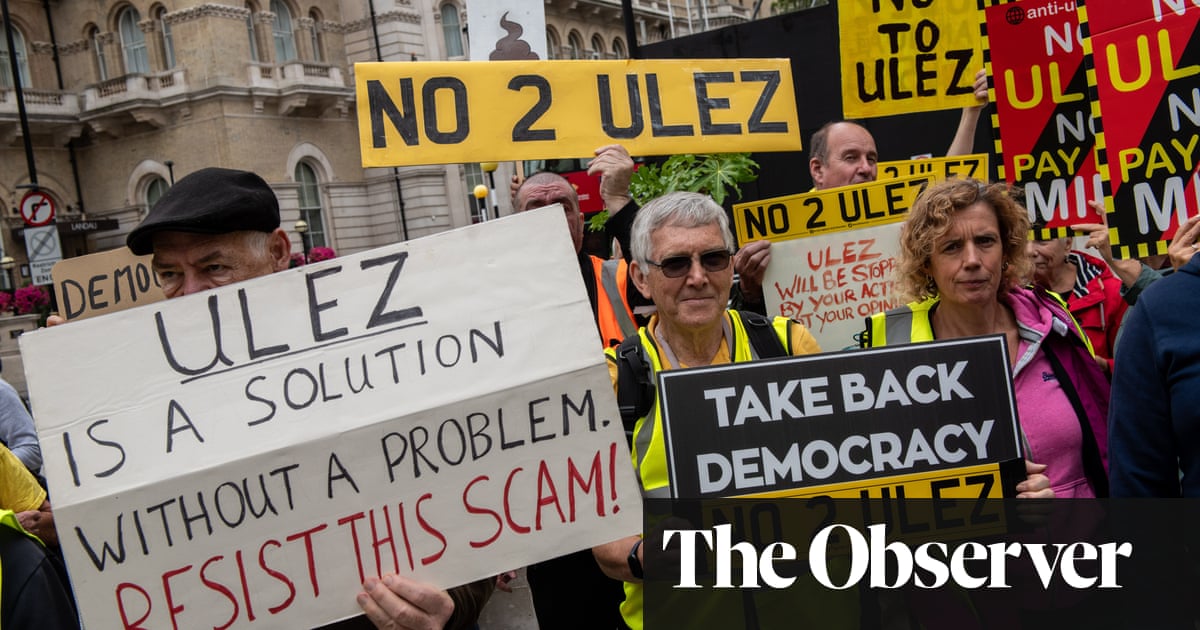
What transpired after Turkish President Recep Tayyip Erdogan opened his country’s borders with Europe at the end of last month was one of the most tragic, heart-rending episodes of the Syrian war and the subsequent refugee crisis. Greece, with tacit political support from the rest of the EU, was determined not to allow any of the 100,000 or so refugees who gathered at its borders to cross into its territories.
The prevailing understanding in Europe is that the Turkish government was deliberately engineering a refugee crisis to press the EU into supporting Turkish military operations in Idlib in northern Syria. “They didn’t come here on their own,” Greek Public Order Minister Michalis Chrysohoidis told reporters, with reference to the flood of refugees on his country’s doorstep. “They are being sent away and being used by (our) neighbor, Turkey,” he added.
While the media focused mostly on Erdogan’s decision within the context of the Idlib conflict, little mention was made of the fact that Syrian and other refugees in Turkey have also been the focal point of an internal crisis. The 2019 Istanbul mayoral election (held on March 31 and re-run on June 23) underscored the anti-refugee sentiment among ordinary Turks, which is compounded by the fact Turkey has been suffering from a protracted economic recession.
Unsurprisingly, the more than 3.5 million Syrian refugees who fled the war in their country over the last decade are being scapegoated by opportunistic politicians, including Istanbul’s new Mayor Ekrem Imamoglu. “Imamoglu was... able to tap into simmering discontent with the large number of Syrian refugees in Istanbul in the context of his general complaints about the high level of unemployment in the city,” wrote Bulent Aliriza and Zeynep Ekeler for the Center for Strategic and International Studies.
The Turkish government is now fully aware of the obvious correlation in the minds of many Turkish voters between the oppressive economic crisis and the Syrian refugee population. In fact, a recurring argument made by the Turkish government is that its military campaign in northern Syria is ultimately motivated by its desire to create a “safe zone” that would allow for the resettlement of many Syrian refugees.
With NATO backing failing to materialize, and with growing difficulties on the northern Syrian front, Turkey’s strategy quickly fell apart. However, the recent scenes of nearly naked, shivering refugees running back to the Turkish side after being pushed away by the Greek military and police was not only indicative of Turkey’s growing political dilemma, but also of Europe’s betrayal of Syrian refugees and its utter incompetence in fashioning long-term solutions to a crisis that has been simmering for years.
In March 2016, Turkey and the EU signed a statement of cooperation, which resulted in a short-lived barter. According to the deal, Turkey agreed to stem the flow of refugees into Europe in exchange for economic incentives. Aside from the fact that Turkey has claimed the EU has failed to fulfill its end of the deal, the agreement did not offer a long-term solution, let alone a political vision that would ultimately end the suffering of millions of Syrians.
The crisis can only be resolved based on a comprehensive political solution that keeps the interest of millions of refugees as a top priority
Ramzy Baroud
What makes the Syrian refugee crisis within the Turkish-EU context particularly complex is the fact that the refugees are finding themselves held hostage to selfish political calculations that view them as a burden or a pawn. This unfortunate reality has left Syrian refugees in Turkey with three options, all of which are dismal: Returning to a war zone in Syria; coping with unemployment and an increasingly hostile political environment in Turkey; or making a run for the Greek border. When Ahmed Abu Emad, a young Syrian refugee from Aleppo, opted for the third option on March 2, he was reportedly shot in the throat by Greek border police. His fellow refugees rushed his gaunt body back to Turkey, where he was laid to rest.
Considering their limited options, however, the prospect of injury or even death is unlikely to end the quest of Syrian refugees, who are desperately trying, as they have been for years, to find a safe space and some badly needed respite. Perhaps only Palestinian refugees can really relate to the dilemma of their Syrian brethren. It is one thing to be pushed out of your homeland, but it is a whole other thing to be rejected, dehumanized and subjugated everywhere else.
The Syrian refugee crisis is a political, not a humanitarian crisis, despite its palpable humanitarian component. Therefore, it can only be resolved based on a comprehensive political solution that keeps the interest of millions of Syrian refugees — in fact, the Syrian people as a whole — as a top priority.
Several “solutions” have been devised in the past but they have all failed, simply because various governments in the Middle East and Europe have tried to exploit the refugees for their own political, economic and “security” interests. The time has come for a more considerate and thoughtful political strategy that is predicated on respect for international and humanitarian laws, and that adheres to the Geneva Convention regarding the rights of war refugees.
Syrian refugees do not deserve such inhumane treatment. They have a country, a glorious history and a deeply rooted culture that has profoundly influenced ancient and modern civilizations. They deserve respect, rights and safety. Equally important, they should not be used as pawns in a costly and dirty political game in which they have no interest.
• Ramzy Baroud is a journalist, author and editor of The Palestine Chronicle. His latest book is “The Last Earth: A Palestinian Story” (Pluto Press, London). Baroud has a Ph.D. in Palestine studies from the University of Exeter. Twitter: @RamzyBaroud
Disclaimer: Views expressed by writers in this section are their own and do not necessarily reflect Arab News" point-of-view












